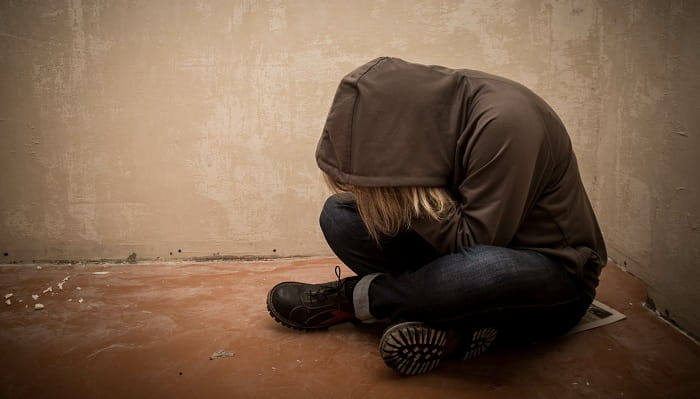When you stop using or limit your intake of drugs or substances like alcohol, you go through mental and physical effects that are hard to deal with, including shakiness and tremors. Muscle pain, fatigue, sweating, and sleeping difficulties are other symptoms of drug withdrawal.
There are even risks that make drug withdrawal dangerous:
- Seizures
- Delirium
- Violence toward others and self-harm
- Relapse
- Mental disorders, such as anxiety and depression
- Physical ailments, like fits
- Hallucinations
The kind of symptoms and their severity you undergo depend on the type of drug you used and how long you were taking it. For example, if you were addicted to heroin and you stopped using it, you’re more likely to have intense withdrawal symptoms, such as depression, muscle spasms, and abdominal pain.
Dealing with drug withdrawal is a mentally, emotionally, and physically draining experience that you can overcome with support from loved ones and a strong will. Here are some ways to manage risks during drug withdrawal.
-
Visit Rehab
Rehabilitation centers offer programs that help you fight drug withdrawal. Rehab programs usually include extensive therapy. Therapy focuses on addressing drug-seeking behaviors, teaching effective coping mechanisms, and developing relapse prevention skills.
For example, during rehab therapy with a professional, you discuss how the problem began and what you’ve experienced. You’ll be able to figure out the reasons behind your addictions and resolve those issues, so you can finally overcome addictive behaviors.
Another type of therapy is group therapy. It lets you interact with others who are also recovering from addiction. Knowing that you aren’t alone in your struggles gives you the strength and courage to fight.
Even individual therapy is just as effective. Through self-analysis, you determine when you started using the substance and what made you begin to misuse it. Aside from understanding the problem, you learn what triggers your drug use and how to deal with them to protect yourself from a relapse.
Detox is part of rehab as well. It involves removing addictive substances from your body. In most cases, medication is provided to ease withdrawal symptoms caused by certain drugs, like prescription opioid drugs and heroin.
If you’re considering rehab, you can visit a helpful site or check other online sources to find the right treatment center.
-
Seek Support
Rehab isn’t the only place where you can find support. Surround yourself with people you trust, like friends or family. There will be times when you crave drugs or feel sick with fever, nausea, or fatigue. You can count on your loved ones to take care of you well, cheer you on, comfort you, and remind you that you’re stronger than you think.
-
Engage In Fulfilling Activities
Depending on the symptoms you’re dealing with, you can engage in fulfilling activities that will keep you from harming yourself. The following are some activities you can consider:
-
Walking in Nature
Walking in nature isn’t just good for your mind but also your body. It allows you to relax and makes you feel happy. As you take a walk, you focus on the present and appreciate your surroundings. You start to remember what’s most important to you, no longer overthinking the past or worrying about the future.
You can go for a stroll in the park or hike. Explore the great outdoors, enjoy the feeling of the sun’s rays on your skin, and breathe in the fresh, crisp air.
-
Meditation
Meditation is an art you can learn to calm your mind and think positively. Furthermore, it can help you understand your pain.
There are different ways to meditate. A simple method is to take a seat in a place that’s quiet and comfortable, like your room. You can sit on a chair or on the floor, close your eyes, and feel your breath. If your mind wanders, follow the sensation of your breath again. Be kind to yourself—don’t punish or judge yourself for the thoughts that entered your mind. Just return to the present and open your eyes when you’re ready. Then take in your surroundings and check your emotions and thoughts, as well as how your body feels.
-
Journaling
Just like nature walks and meditation, journaling is a relaxing activity. Write down your thoughts and feelings to clear your mind. How are you feeling at that moment physically, mentally and emotionally? As you reflect on your thoughts and emotions, you’ll feel more at ease.
Plus, you’ll gain confidence since you can track your progress with a journal. Looking at how far you’ve come will instill a sense of pride.
-
Consume Positive Content
Listen to podcasts or read blogs. By gathering information, you’ll develop a better understanding of the struggles you face and feel motivated to overcome them.
Conclusion
Dealing with the risks of drug withdrawal is difficult, but you can manage them effectively with a strong support system. You just need to be willing to address your problems. Once you face them, you’ll be able to move on, live a healthier and happier life, and be the best version of yourself.




















